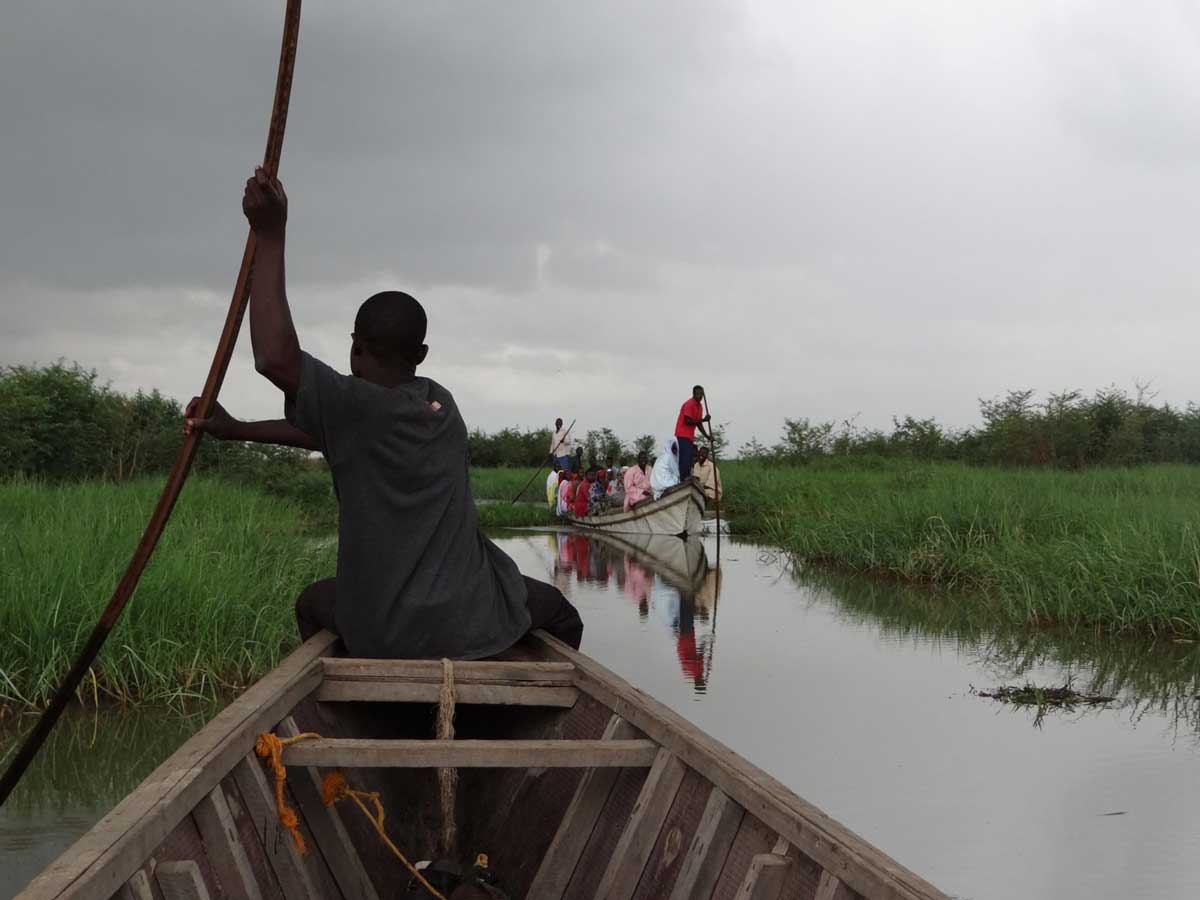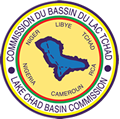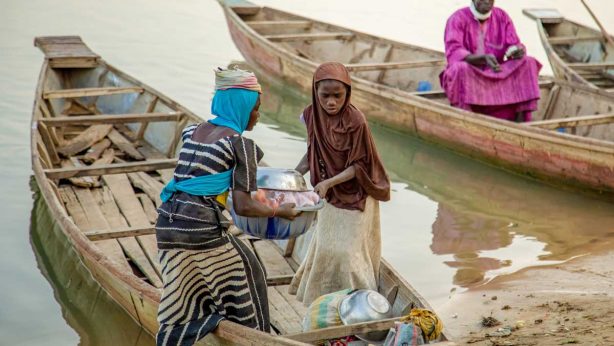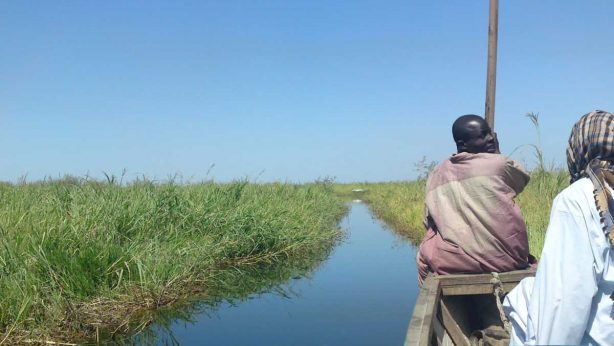Regional Project For The Conservation And Sustainable Development Of Lake Chad

CONTEXT
Lake Chad is home to a growing population that has urgent needs to address the impacts of climate change on the water resources and the ecosystem of the basin. It provides for millions of people living in Cameroon, the Central African Republic, Chad, Niger and Nigeria, and a diverse range of environmental services. It is also an important center for the provisioning of food and water, supporting land and nutrient cycling, regulatory ground water replenishment, carbon sequestration, air purification, as well as a wonderful spot for simple recreation.
Over the last 45 years, Lake chad has lost 90 percent of its volume and surface area, creating serious environmental, economic and social challenges for people whose lives and livelihoods depend on the lake. Environmental resources are critical to the survival of the Lake Chad population, both for subsistence and economic growth. The escalating degradation of water resources and ecosystems is exacerbated by the current security challenge and the subsequent migration of livestock and people in search of a better life. In 2008 a previous UNDP-supported GEF-financed project assisted the countries and the Lake Chad Basin Commission (LCBC) in preparing a regional transboundary diagnostic analysis leading to a regionally endorsed Strategic Action Programme (SAP).
The “Improving Lake Chad management through building climate change resilience and reducing ecosystem stress through implementation of the Strategic Action Programme for the Lake Chad basin” project has a focus to initiate the implementation of the SAP with the overall objective to achieve climate resilient, integrated ecosystem-based management of the Lake Chad Basin through implementation of agreed policy, legal and institutional reforms, and investments that improve water quality and quantity, protect biodiversity, and sustain livelihoods. Meeting this objective will address concerns linked to the management capacity of the LCBC and its member countries to develop and implement sustainable management policies and to address unsustainable land/water practices responding to the SAP and the regionally agreed Water Charter.
PROJECT OBJECTIVE
The project will focus on developing and implementing policies, investments and improved integrated ecosystem-based lake management through enhanced basin-wide monitoring, and developing and managing regional projects in accordance with the basin’s priorities expressed in the Lake Chad SAP and other relevant strategic documents for the Lake Chad Basin.
Project outputs include: Strengthened and harmonised approaches to implementing sustainable legal and policy instruments across the Lake Chad Basin countries (Cameroon, Central African Republic, Chad, Niger, and Nigeria) leading to greater water availability through effective conjunctive use management of surface and groundwater; technical capacity and awareness of national ministries, institutions and other stakeholders (e.g. academia, civil society) strengthened to contribute to the sustainable management practices of the natural resources in the Lake Chad basin at both national and basin levels; LCBC and member states operating and utilising data and information from management information system for effective and sustainable land, water, and biodiversity resources management; LCBC, national governments and local communities gain practical experience and upscaling validation on sustainable ecosystem management and alternative livelihoods; assessment of stress reduction and livelihood strengthening activities identified in the SAP leads to a broad investment programme to further assist SAP implementation.
BENEFICIARIES
DURATION
PROJECT TOTAL COST


